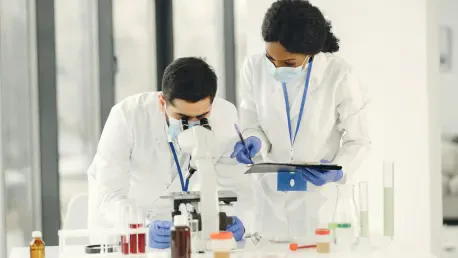
The intersection of advanced medical imaging and complex biological research represents one of the most promising frontiers in modern healthcare, yet the shortage of professionals capable of navigating both worlds remains a significant barrier to clinical progress. To address this critical gap, the
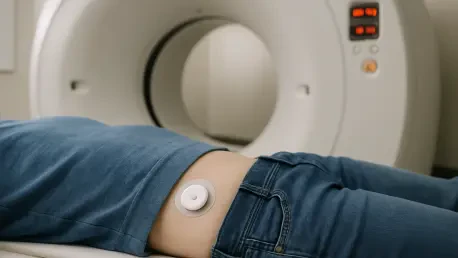
The intersection of diabetes management and diagnostic radiology has long been a source of significant anxiety for patients and healthcare providers alike, often resulting in the unnecessary disposal of expensive medical equipment. As continuous glucose monitors (CGMs) become the standard of care
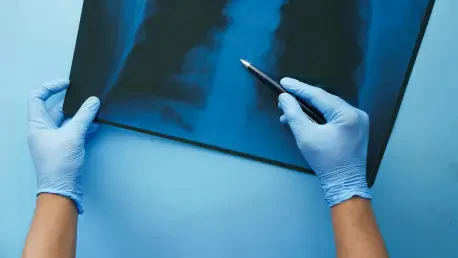
The sheer volume of chest radiography in modern medical facilities often places an immense cognitive burden on clinicians who must interpret millions of scans with absolute precision. With approximately 70 million chest X-rays performed annually in the United States alone, the potential for
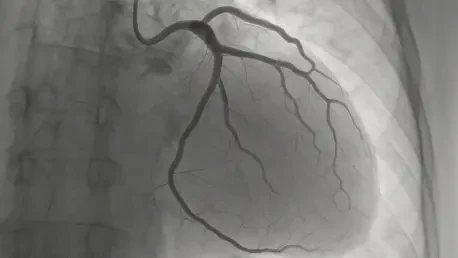
The landscape of cardiovascular intervention is undergoing a radical transformation as clinicians increasingly demand higher-resolution data to guide complex stenting and arterial repair procedures. Gentuity LLC and GE HealthCare have established a commercial agreement to bring High-Frequency
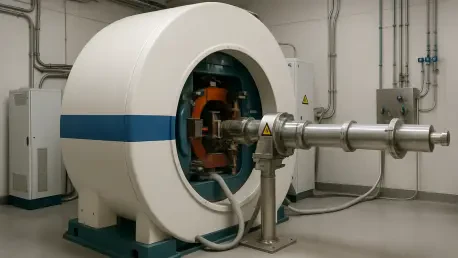
The global healthcare landscape is currently witnessing a transformative shift toward molecular medicine, where the ability to synthesize specific radioactive tracers at the point of care has become a fundamental requirement for modern oncology and neurology departments. As of 2026, the medical
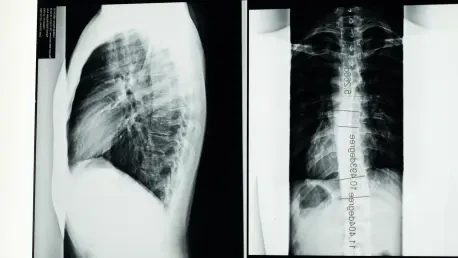
The silent progression of osteoporosis often remains undetected until a debilitating fracture occurs, creating a significant burden on global healthcare systems and reducing the quality of life for millions of aging individuals. Standard diagnostic procedures, while effective, are frequently
1 2 3 4 5 6 7 8 9 10 11 12 13 14 15 16 17 18 19 20 21 22 23 24 25 26 27 28 29 30 31 32 33 34